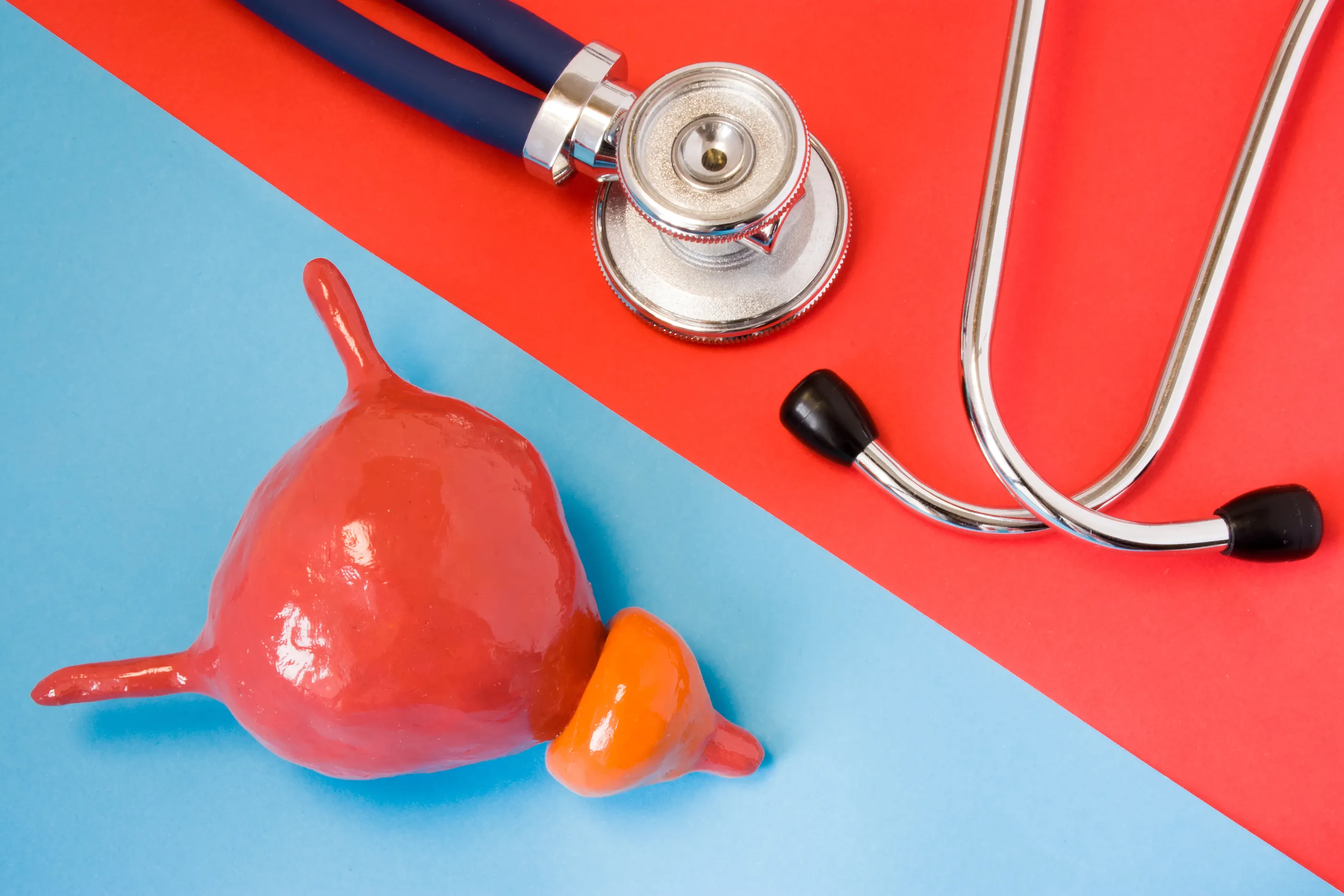Healthy Prostate, Healthy Life: Your Guide to Managing Prostate Health at Home

Prostate health is an important aspect of men’s overall well-being, especially as they age. The prostate gland plays a key role in the male reproductive system, but it can be prone to issues such as enlargement, inflammation, and, in some cases, prostate cancer. While regular medical check-ups are essential, adopting a healthy lifestyle at home can significantly support prostate health, reduce symptoms, and improve quality of life. Here’s a practical guide on how to manage your prostate health naturally through everyday habits.
1. Maintain a Balanced Diet
Nutrition has a direct impact on prostate health. Eating a diet rich in antioxidants, vitamins, and minerals can help reduce inflammation and support normal prostate function.
Eat plenty of fruits and vegetables: Tomatoes, broccoli, cauliflower, and leafy greens contain compounds like lycopene and sulforaphane that have been linked to prostate health.
Choose healthy fats: Incorporate sources of omega-3 fatty acids found in fatty fish like salmon, flaxseeds, and walnuts, which may reduce inflammation.
Limit red and processed meats: High consumption of these has been associated with increased prostate issues.
Include whole grains and legumes: These provide fiber, which supports digestive health and may help regulate hormone levels linked to prostate enlargement.
Stay hydrated: Drinking enough water supports urinary function and overall health.
2. Exercise Regularly
Physical activity is beneficial for maintaining a healthy weight and improving circulation, both of which are important for prostate health.
Aim for at least 30 minutes of moderate exercise most days of the week. Activities like walking, swimming, or cycling can be effective.
Pelvic floor exercises (Kegels): Strengthening the pelvic muscles can improve urinary control and reduce symptoms of an enlarged prostate.
Avoid prolonged sitting: Take breaks to stand or walk around, especially if you have a sedentary job.
3. Manage Stress and Sleep Well
Chronic stress and poor sleep can negatively affect hormone levels and immune function, potentially impacting prostate health.
Practice relaxation techniques: Meditation, deep breathing, or yoga can help reduce stress.
Prioritize 7-8 hours of quality sleep: Establish a consistent bedtime routine and create a comfortable sleep environment.

4. Monitor Fluid Intake and Urination Habits
Certain habits can help ease urinary symptoms often associated with prostate issues:
Limit caffeine and alcohol: Both can irritate the bladder and increase the need to urinate.
Avoid drinking large amounts of fluids before bedtime to reduce nighttime bathroom trips.
Empty your bladder fully when urinating to prevent urinary retention.
5. Avoid Smoking and Limit Alcohol
Smoking and excessive alcohol consumption can contribute to inflammation and increase the risk of prostate problems. Quitting smoking and moderating alcohol intake support overall prostate and cardiovascular health.
6. Regular Medical Check-Ups and Self-Awareness
While lifestyle changes are helpful, regular medical screenings are crucial for early detection of prostate issues.
Schedule annual check-ups: Your doctor may recommend prostate-specific antigen (PSA) blood tests or digital rectal exams (DRE) based on your age and risk factors.
Be aware of symptoms: Difficulty urinating, frequent urination, weak urine flow, or pelvic discomfort should prompt a medical consultation.

Conclusions
Managing prostate health at home through a healthy lifestyle is a proactive way to support your well-being and reduce the risk of complications. By eating a nutrient-rich diet, staying active, managing stress, and practicing good urinary habits, you can maintain prostate function and improve your quality of life. Remember, these steps complement—not replace—regular medical care. Always consult your healthcare provider if you experience symptoms or have concerns about your prostate health.
Related Articles

Sports Injury
In this section describe the type of problem. Who faces it usually. What are the symptoms, and what kind of precautions you can take. And finally describe why is your clinic the best to treat this problem. Tell them about some proven track record that you might have.
Copyright 2021 by Valleant Health. All rights reserved.
This site is not a part of the Youtube website or Youtube Inc. Additionally, This site is NOT endorsed by Youtube in any way. YOUTUBE is a trademark of YOUTUBE, Inc.



